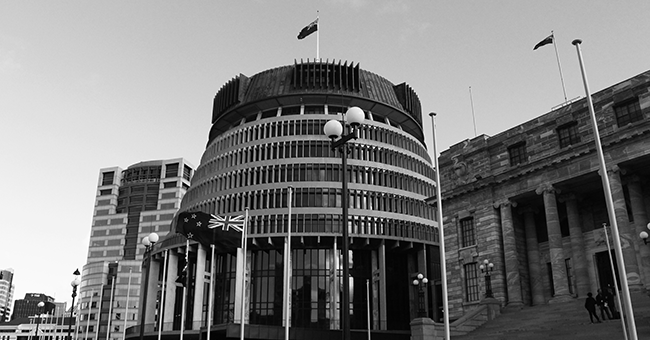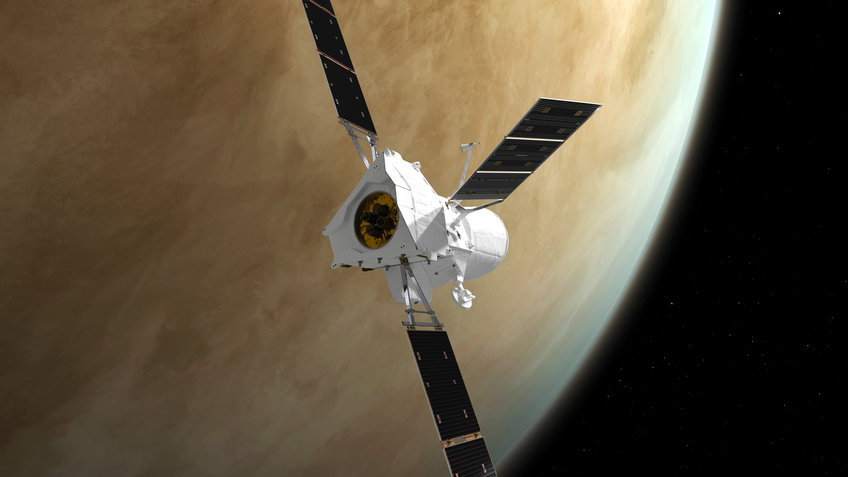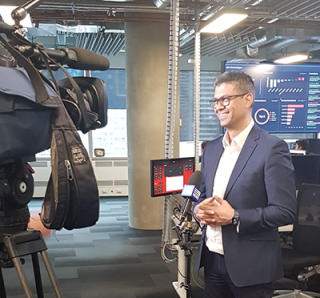National Science Week takes place from 13-21 August and, at the University of the Sunshine Coast, the focus is on science with impact – from a regional to a global scale.
UniSC researchers are available to share their expertise and latest research – from enhancing performances in our medal-winning athletes to harnessing the power of seaweed.
Sports science: On the back of Australia’s outstanding results in the Commonwealth Games and with the focus now on the road to the 2024 Olympics, Australian Paralympic Head Swim coach, Professor Brendan Burkett, and Associate Professor Mark Sayers can discuss the role science will play in understanding and enhancing the performance of our elite and emerging athletes. Topics include technology in sport, parasports, coaching and performance enhancement.
Spider science: Milking spiders is all in a day’s work for UniSC Associate Professor Volker Herzig (pictured) who has compiled the world’s largest arachnid venoms collection – comprising more than 550 spider and 150 scorpion venoms. His research involves finding ways to use toxins as novel tools for controlling insect pests and parasites – including the devastating honeybee mite – and therapeutics. He also plans to investigate how venom toxins modulate learning and memory in insects. Media op: A short interview and b-roll vision of Associate Professor Herzig showing how to milk a spider can be found here. While not available in-person this week (due to being in the US learning new spider milking techniques) he will have limited ability for email interviews.
Gene science: UniSC Professor Robert Harvey is part of a global team of scientists who have found a new disorder associated with intellectual disability and heart malformations. Their findings, published recently in Genetics in Medicine, could fast track diagnosis and support for families affected by this rare genetic disorder. Professor Harvey says 11 novel genetic variants were discovered in the gene that is usually associated with diseases such as lymphoma and breast cancer.
Mind science: UniSC’s Thompson Institute Director Professor Jim Lagopoulos and Professor Dan Hermens can discuss some of the latest research around PTSD, suicide prevention, ageing and dementia, and how studies analysing brain function through imaging techniques are providing new insights into teenage brains and mental health.
Seaweed science: It might not be glamourous, but this humble, ancient organism has incredible abilities, and UniSC researchers are at the forefront of harnessing its power for good. It’s a superfood, a way to reduce greenhouse gas emissions from cows and clean up our coastal ecosystems and much more. Dr Libby Swanepoel, Professor Nick Paul, Dr Alexandra Campbell and other members of UniSC’s Seaweed Research Group are available to discuss the exciting world of seaweed science.
Sea science: From discovering lost populations of tiger sharks to measuring toxicity in turtles and species drift, USC animal ecologists are working to understand the impacts of warming oceans, overfishing, plastics and other pollutants on marine life. More details here. Available academics include Dr Kathy Townsend and Professor David Schoeman
Sustainability science: UniSC is ranked among the world’s best for its success and impact in addressing the United Nations’ 17 Sustainable Development Goals in the areas of clean water and sanitation, life on land and below the water, and climate action. Find out about important scientific research with global impact happening in the sustainability space.
More science: UniSC is ranked at world standard or above in 26 research fields. More on research at UniSC is available here. A searchable database of other researchers and their specialisations is available at UniSC Experts.








